Tesla Model 3 blitzes Australian EV sales, outsells Camry, Mazda3 and Lexus
The Tesla Model 3 has outsold the Toyota LandCruiser, Toyota Camry, Mazda3 and the entire Lexus range, according to figures released today by the Electric Vehicle Council.
Tesla has trounced its competitors in the EV sales race, selling almost three times more electric cars in Australia than the entire industry combined.
UPDATE: Tesla supplied incorrect sales figures to the Electric Vehicle Council. The correct number of Teslas sold in 2021 was 12,094. Read our updated story by clicking here.
Figures released today by the Electric Vehicle Council show that Tesla sold 15,054 vehicles in 2021.
While a handful are believed to be the last of the Model S that is no longer available (an updated Model S is due late in 2022 or 2023), the vast majority are for the Tesla Model 3 that is priced from about $65,000 drive-away and is becoming a common sight on Australian roads.
2020 EV SALES: Tesla 1st, daylight 2nd for EV sales in 2020
2020 PHEV SALES: Top 10 selling plug-in hybrids in Australia in 2020
READ MORE: Tesla banks record US$2.3b profit, sales increasing
READ MORE: Tesla smashes delivery records; more than one million sales expected in 2022
If correct – most car brands report their sales figures through the Federal Chamber of Automotive Industries whereas Tesla is more secretive and has assisted the EV Council with its data – it makes the Model 3 the 14th best-selling car in Australia.
Want the latest EV news and reviews delivered to your inbox? Subscribe to our weekly newsletter!
It also makes Tesla the 19th best selling brand in the country, easily surpassing the entire Lexus range (which sold 9290 cars across 11 models), Land Rover (6459 cars across seven models), Jeep (7762 cars, five models), Volvo (9028 cars, six models) and Skoda (9185 cars, seven models).
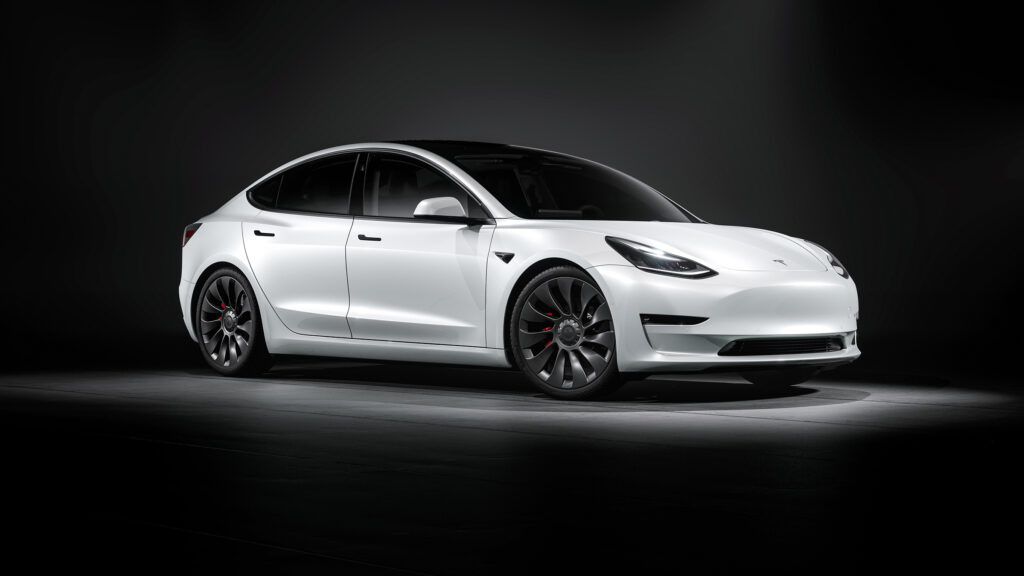
It also puts Tesla within sales firing distance of Audi (16,003 sales in 2021), Honda (17,562) and Suzuki (17,468).
It’s worth pointing out that the FCAI figures refer to registrations rather than cars delivered to customers, so in some instances there may be demonstrators that have been logged as sold.
Either way, EV Council chief executive Behyad Jafari now believes “most people in the car market will now be considering an electric option”.
But he says the federal government needs to step up with incentives and emissions standards.
“It’s great that some state governments have received the global message, but at a national level we’re stuck in the past. We desperately need the federal government to introduce Australian EV rebates alongside fuel efficiency standards, just like other developed nations.”
Jafari believes EV sales could boom with sensible government policies.
“If we get these changes, you’ll see sales figures really rocket ahead,” he said.
Model 3 outsells LandCruiser, Camry and Mazda3
The Tesla Model 3 also outsold some big players in the industry, including the Toyota Camry (13,081), Mazda3 (14,126) and Toyota LandCruiser (14,356).
And it is comfortably the best-selling prestige car in the country, thrashing the top-selling Mercedes-Benz (A-Class; 2793 sales), BMW (3-Series; 4242 sales) and Audi (Q3; 5707 sales).
The reported 15,054 Tesla sales in 2021 is three times more than the 5149 EVs sold by every other brand, including Mazda, Hyundai, Kia, MG, BMW, Mercedes-Benz, Volvo, Lexus and Renault.
It means battery electric cars now account for 1.9 percent of the overall market, with a record 20,203 EV sales throughout the year.
There were also 3372 plug-in hybrid EVs sold throughout 2021, another record, albeit seriously shaded by the dominance of EVs.
Tesla’s sales in the second half of 2021 were about double its sales in the first half, in part because buyers flocked to the EV rebates and incentives offered by various states and territories.
Whereas many EVs miss out on the incentives due to their high price – including every electric Mercedes-Benz, BMW and Audi – Tesla’s entry-level Model 3 can net buyers about $5500 in rebates and stamp duty discounts.
Big sellers slow on EV race
Australia’s top-selling brands have a minimal presence in the EV space.
The top 10 selling car makers in 2021 – Toyota, Mazda, Hyundai, Ford, Kia, Mitsubishi, Nissan, Volkswagen, MG and Subaru – accounted for 72 percent of the 1.06 million vehicles sold here.
But they only made up 15 percent of EV sales.
Between the top 10 sellers, half of them – Toyota, Ford, Mitsubishi, Volkswagen and Subaru – don’t sell an EV yet. And the remaining five sold just 3051 electric vehicles last year.
Porsche sold more cars total (4428) than the top 10 selling brands managed in shifting EVs.
Part of the challenge is supply. Kia and Hyundai want more EV6s and Ioniq 5s, but booming demand global and supply shortages mean there’s very few available for Australia.
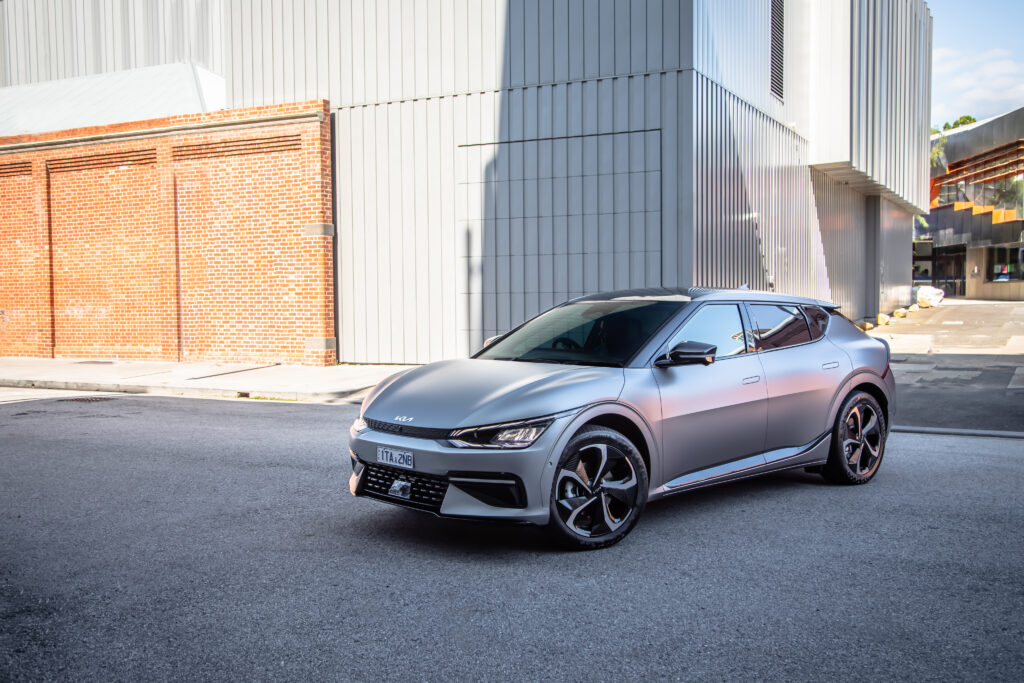
Part of the problem is substance. Mazda builds some terrific cars, but the MX-30 doesn’t match it with the EV best. It’s not alone.
Toyota is expecting its first EV, the bZ4X, late in 2022, although the company has already warned it will be expensive and low volume.
And Ford’s first EV will be the E-Transit van that’s likely to have limited appeal.
Meanwhile Tesla is gearing up to add the Model Y SUV to its EV artillery in Australia in 2022.
Luxury focus
That Porsche sells the third most popular EV on the market gives you an idea of what’s going on.
The price premium put on many EVs can make them less competitive below $100,000, with the exception of Tesla.
But once you’re into six figures the buyer demographic is more open to paying a premium. And in the case of the Porsche Taycan they’re clearly impressed with what’s on offer. It helps the Taycan is a seriously fast and impressive EV.
The Model 3 comfortably outsells its petrol-powered competitor, which include the BMW 3-Series, Mercedes-Benz C-Class and Audi A4.
While prices of those three stalwarts have been rising, the price of the Model 3 has been decreasing to the point where it is now cheaper than the ICE alternatives.
New arrivals such as the Mercedes-Benz EQA and Lexus UX300e are niche players against the Model 3, which is now one of the top selling cars in Australia.
No one would have guessed that a year or two ago…
| Rank | Model | 2021 Australian sales | % change on 2020 |
|---|---|---|---|
| 1 | Tesla Model 3 | 12,094 | +284% |
| 2 | MG ZS EV | 1388 | - |
| 3 | Porsche Taycan | 531 | - |
| 4 | Hyundai Kona Electric | 505 | +3.5% |
| 5 | Nissan Leaf | 367 | -0.8% |
| 5 | Mercedes-Benz EQA | 367 | - |
| 7 | Hyundai Ioniq | 339 | -1.5% |
| 8 | Mercedes-Benz EQC | 298 | +54% |
| 9 | Mini Electric Hatch | 291 | +210% |
| 10 | Kia Niro Electric | 217 | - |
| 11 | Volvo XC40 Pure Electric | 207 | - |
| 12 | Hyundai Ioniq 5 | 172 | - |
| 13 | Audi e-Tron | 108 | +69% |
| 14 | BMW i3 | 67 | +24% |
| 15 | Mazda MX-30 | 63 | - |
| 16 | BMW iX3 | 62 | - |
| 17 | Renault Kangoo | 45 | +221% |
| 18 | Jaguar I-Pace | 44 | -37% |
| 19 | Lexus UX300e | 43 | - |
| 20 | BMW iX | 35 | - |
| TOTAL EV SALES FOR 2021 | 17,243 | +226% |
NOTE: The table above includes corrected figures for Tesla of 12,094 annual sales for 2021. An earlier version contained the incorrect figure, as reported in this original article.

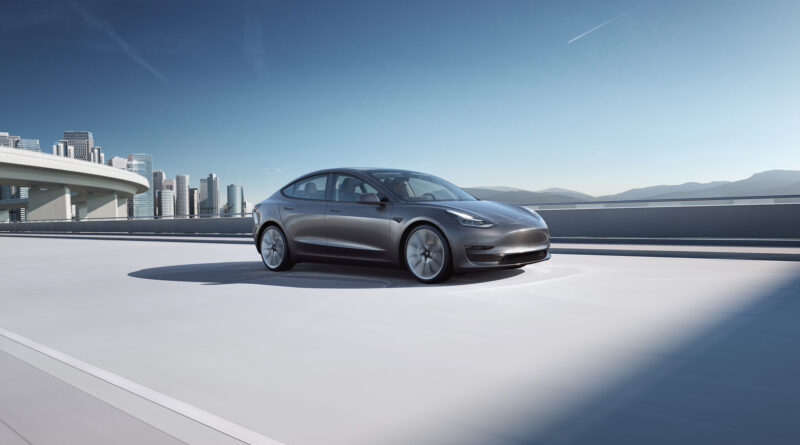
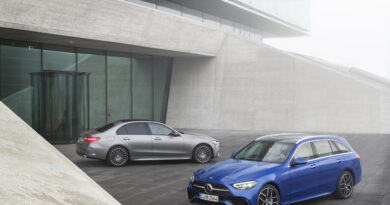
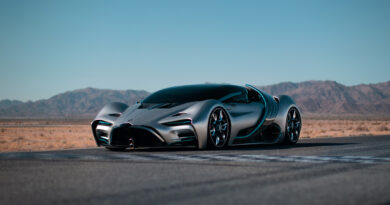
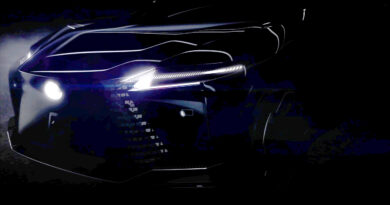
Any superiority of Tesla in 2021 needs to be attributed to nothing more than stock availability. Delivery in 2 weeks vs 8 months makes a huge difference. In addition the car I ordered in 2021 wont be seen in the sales data until July 2022, so the data is lagged.